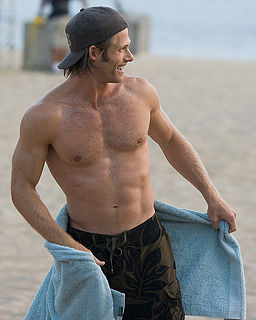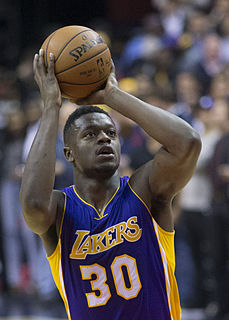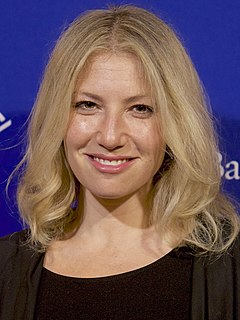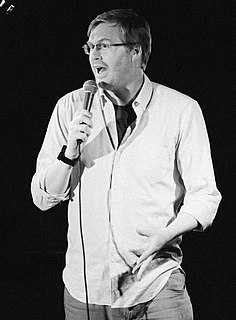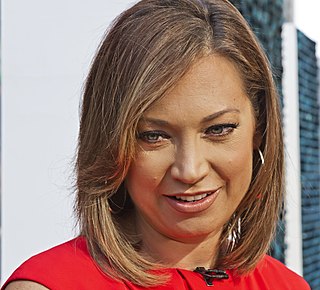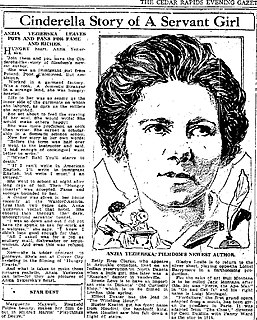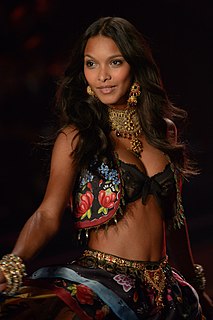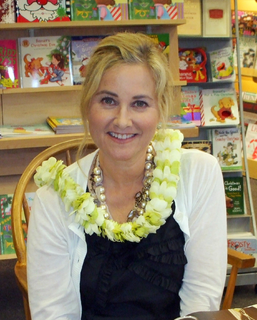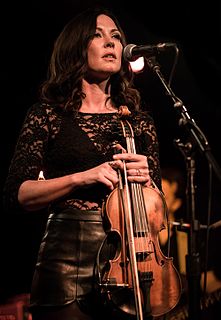A Quote by Chris Carmack
I felt a certain modicum of success because I had been paid well to be an actor for the first time in my life, but I felt like I had done adolescent work on the show, and stepping into the New York theater arena was the first time I felt like I'd come into my own. I felt like I was proving myself in a gladiatorial arena.
Related Quotes
I know you only get one chance to make a first impression in a city - and I was so disappointed in myself for how that first season in New York had gone. It felt like a blown opportunity. It felt like I'd cemented my reputation in the opposite way that I'd wanted to. Selfish. Not a leader. Not a winning player.
I first felt successful when I was 13 and in a show called "Seesaw." I came offstage and heard the applause of the theater audience and felt a sense of accomplishment. Around that time, my role model for success was Burt Lancaster. He was one of the first actors in Hollywood to start his own production company, and I respected him because he created something he believed in.
At the age of 50, I did "Celebrity Fit Club" and I had to get on a scale and be weighed in front of everyone. I felt like I was naked and for the first time, there was nowhere to hide. I felt like I could finally be myself. It was really cathartic, and I realized I could share my mistakes. I could tell my story and not be ashamed, and show others with these same problems that they aren't alone.
I started school because I felt like, as a songwriter, I was operating solely on instinct, and I was having a hard time deciding exactly what words I wanted to use. I felt like I wanted to be a writer, and being a curious person, school felt like a way to solve the problems I was having with my own work.
